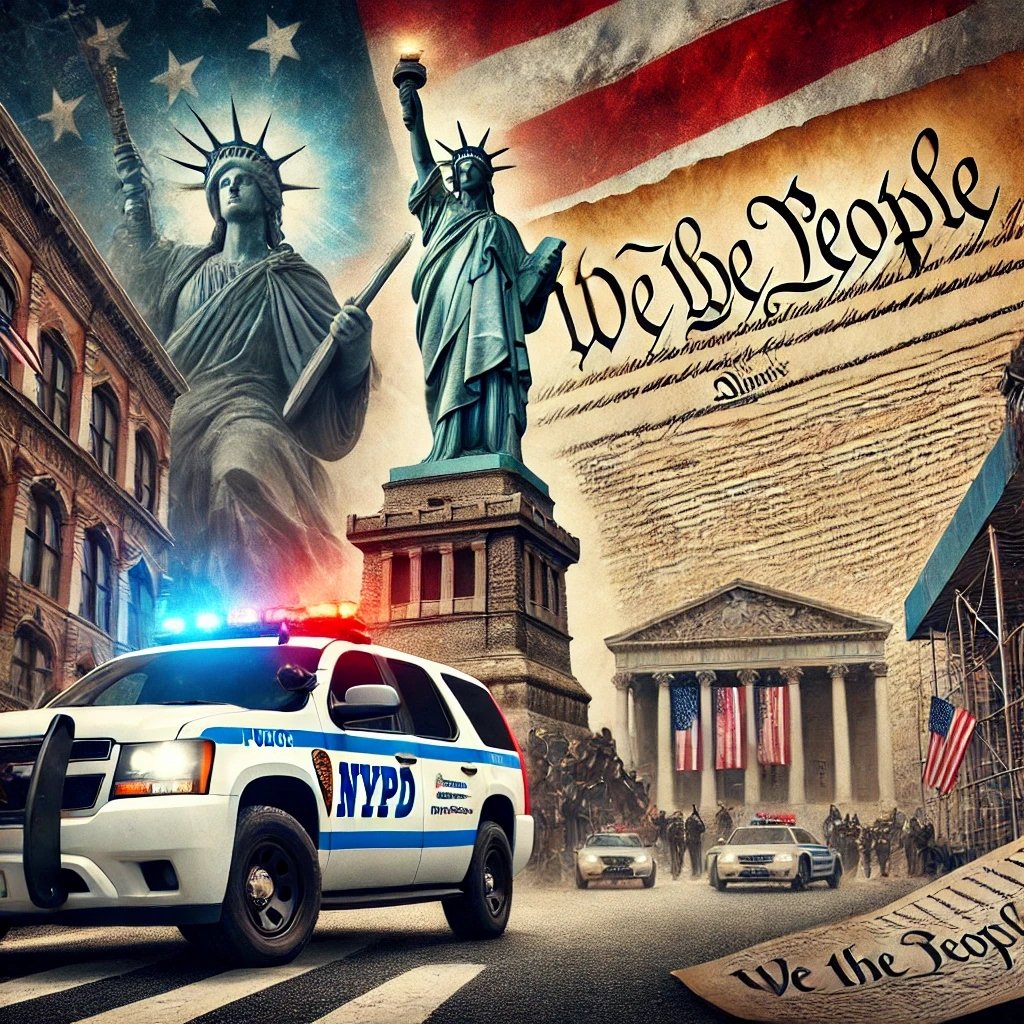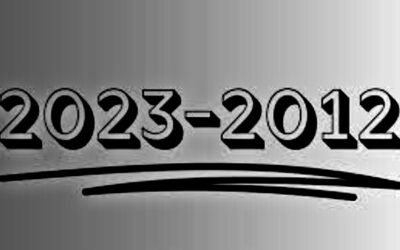Thee Rant: Controversial Forums and Their Impact

Understanding the Forum’s Influence
The term “Thee Rant” often refers to various online forums where law enforcement personnel, particularly those affiliated with the NYPD, discuss issues related to their profession. These forums, including the infamous “Thee Rant” hosted on platforms like Tapatalk, have become hubs for current and former officers to express their thoughts, share experiences, and, at times, voice controversial opinions.
Thee Rant: A History of the Forum
Thee Rant started as a place for law enforcement officers to connect, discuss their daily challenges, and share unfiltered thoughts about their work. Over time, however, it became more than just a place to vent frustrations. The forum gained notoriety for its unmoderated discussions, where users could post anonymously, leading to conversations that often veered into controversial and sometimes offensive territory.
The forum’s reputation took a significant hit when it was revealed that some of its users were identified as active NYPD officers making racially insensitive comments. This revelation led to increased scrutiny from the public and media, sparking debates about the appropriateness of such forums and the potential consequences for the officers involved.
Thee Rant: The Role of Anonymity
Anonymity is a key feature of Thee Rant, allowing users to speak freely without fear of repercussion. This anonymity has been both a blessing and a curse. On one hand, it provides a safe space for officers to discuss their frustrations and concerns without risking their careers. On the other hand, it has enabled the spread of harmful rhetoric, leading to public outcry and calls for more accountability.
The debate over anonymity on Thee Rant reflects broader discussions about online privacy and freedom of speech. While some argue that officers need a space to speak openly, others believe that the lack of accountability can lead to harmful consequences, both for the community and the officers themselves.
Impact on Law Enforcement and Public
The discussions on Thee Rant have not only affected the officers involved but also the public’s perception of law enforcement as a whole. When offensive or controversial posts from these forums make headlines, they often reinforce negative stereotypes about police officers. This, in turn, can erode public trust in law enforcement, making it more difficult for officers to do their jobs effectively.
Moreover, the content of these forums has occasionally been used in legal proceedings, further complicating matters for those involved. In some cases, posts from Thee Rant have been cited as evidence of bias or misconduct, leading to disciplinary actions against the officers responsible.
Thee Rant: Legal and Ethical Considerations
The legal and ethical implications of Thee Rant are significant. On the legal side, questions have been raised about whether the content posted on these forums violates any laws, particularly when it comes to hate speech or threats. While freedom of speech is a fundamental right, it is not absolute, and there are limits when it comes to speech that can incite violence or discrimination.
Ethically, the existence of forums like Thee Rant poses a dilemma. While officers have the right to express their opinions, they also have a responsibility to uphold the integrity of their profession. When discussions on these forums cross the line into hate speech or other harmful rhetoric, it undermines the values that law enforcement is supposed to represent.
Attempts at Moderation and Shutdowns
Over the years, there have been various attempts to moderate or shut down Thee Rant. In some cases, these efforts have been successful, with platforms like Tapatalk taking action against forums that violate their terms of service. However, these actions often lead to the creation of new forums, as users migrate to other platforms to continue their discussions.
The cycle of shutdowns and reappearances highlights the challenges of regulating online speech, particularly when it comes to anonymous forums. While shutting down a forum may temporarily address the issue, it does not solve the underlying problem of harmful rhetoric. As long as there is demand for such spaces, they will continue to exist in one form or another.
Thee Rant: The Debate Continues
The controversy surrounding Thee Rant is unlikely to disappear anytime soon. As long as law enforcement officers feel the need for a space to discuss their experiences, forums like these will continue to exist. The challenge lies in finding a balance between allowing free expression and ensuring that the content of these discussions does not cause harm to individuals or the community.
Moving forward, it is likely that we will see more efforts to regulate these forums, whether through legal action, platform policies, or self-regulation by the forum members themselves. However, the debate over Thee Rant touches on broader issues of online speech, privacy, and the role of law enforcement in society, making it a complex issue with no easy solutions.
Thee Rant: Lessons Learned
The existence of Thee Rant serves as a reminder of the power and pitfalls of online forums. While they can provide valuable spaces for discussion and support, they can also become breeding grounds for harmful rhetoric if not properly moderated. Law enforcement agencies must support officers in their challenging work while ensuring the platforms they use uphold public trust and maintain the values they swear to protect.
The ongoing debate over Thee Rant reflects larger societal questions about the balance between free speech and accountability, the role of anonymity in online discussions, and the impact of these discussions on public perception. As these debates continue, it is crucial for all stakeholders, including law enforcement, platform providers, and the public, to engage in open and honest dialogue about the best way forward.
In conclusion, Thee Rant is more than just a forum; it is a microcosm of the broader challenges facing online communities and law enforcement today. How we address these challenges will have far-reaching implications for the future of both online discourse and public trust in law enforcement.













